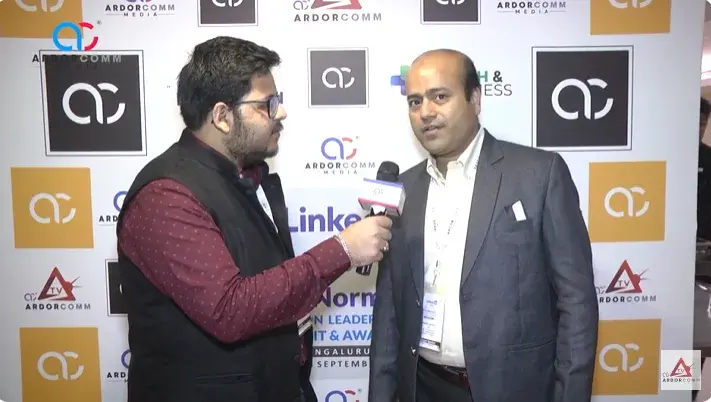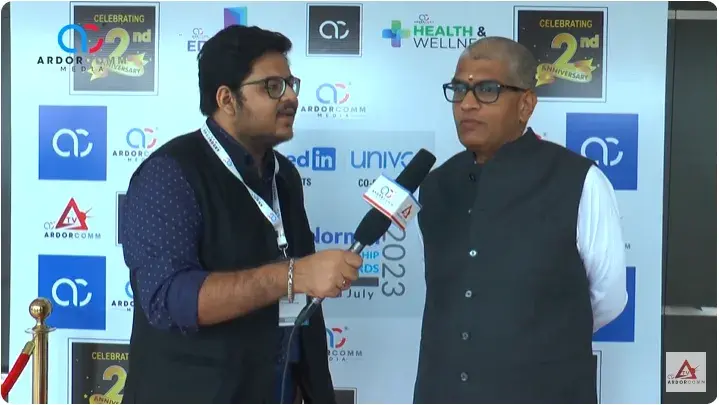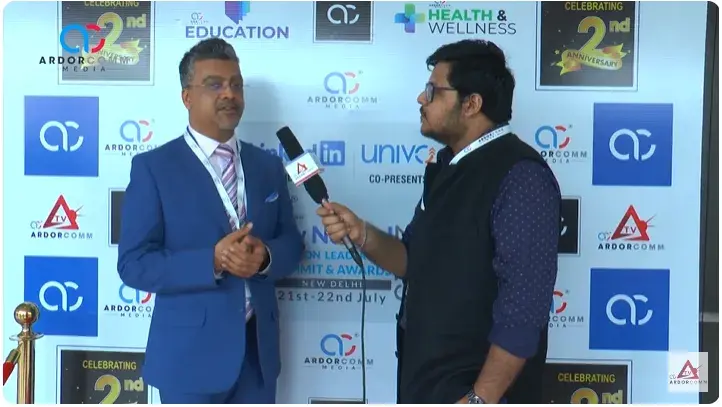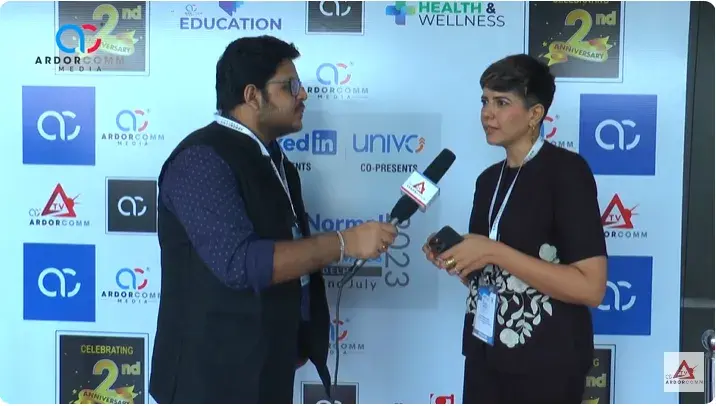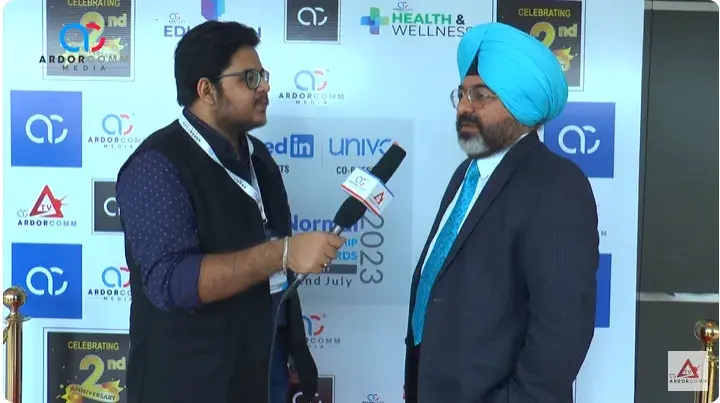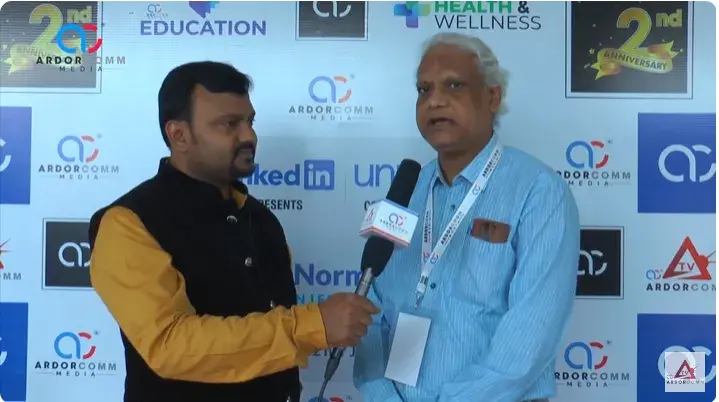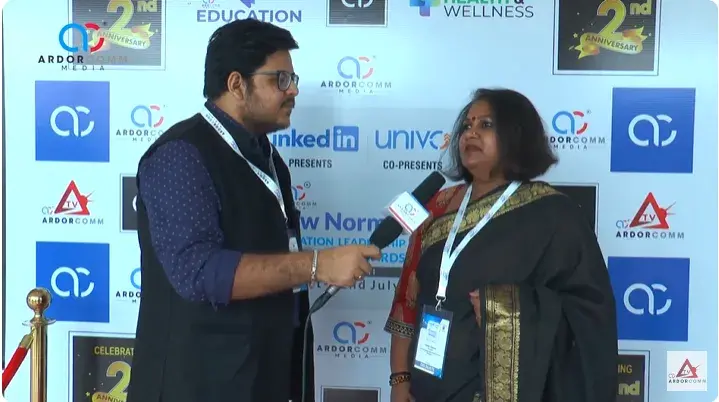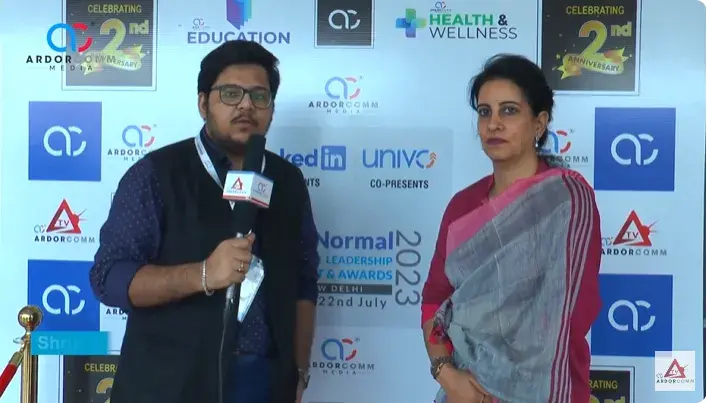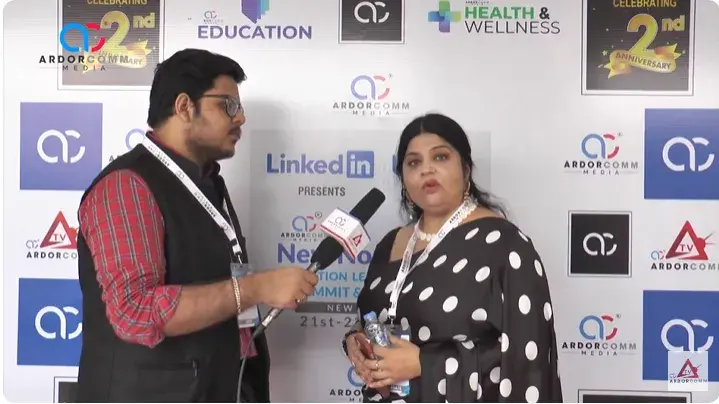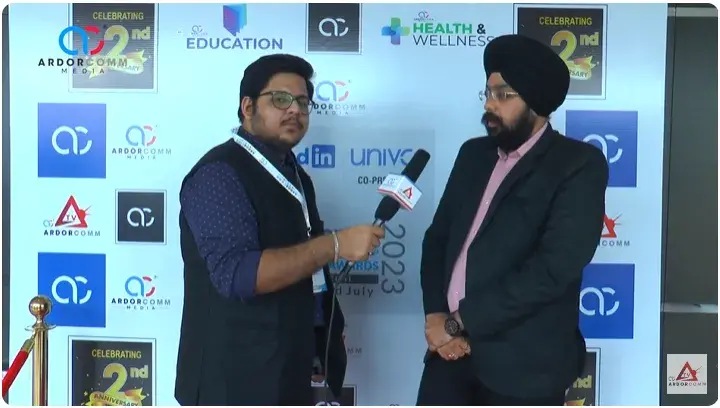Deepak Agarwal, CEO of Cubs The Preschool & Cubs-Sankalp School, Shares Insights on Modernizing Education in the New Normal
“We are shifting from a rote learning system to a more knowledge-oriented system,” says Deepak Agarwal, CEO of Cubs The Preschool & Cubs-Sankalp School, in an interview with Pratik Ghosh, Content Writer, ArdorComm Media at the ‘New Normal – Education Leadership Summit & Awards 2023’ #ELSABengaluru #ELSAKarnataka How are you feeling to witness the New Normal Education Leadership Summit and Awards in Bengaluru? When we talk about this platform, no doubt this is an unparalleled platform where the industry, academia, and various collegiate people are collaborating and sharing their views and opinions. So, this is one of the best platforms that we are participating in today. There are a lot of takeaways, no doubt. How we look at it is something that matters, and the best part of this event is we get to know where we stand in terms of our practices, exposure, and opinions. When we listen to people who have come here from various walks of life, there are VCs, there are directors, so definitely, we get to know what we are doing correctly and what we are doing wrongly. So, this is a very good platform for anyone like us to come and participate, share their views, and experience. And the second-best thing is when you organize these kinds of events, it is going to give us an exposure to the best practices across the globe. Not only that, but we are getting solutions through various exhibitors that have come to this event. We just now happened to meet one of the exhibitors by the name Digital Ed, which is primarily focusing on collegiate education, including engineering colleges, but they have customized solutions even for the schooling sector. So, this is where we are able to gain some beautiful experience because of Adam Media. So, thanks for organizing this, and definitely, we are looking forward to more such events. As you know, the theme of our event is “New Normal Karnataka.” What’s your take on this? Definitely, the title goes with it, considering the kind of event happening today. There are a lot of new things happening around us today. The buzzword is AI, artificial intelligence. How we are going to collaborate AI with the education system in India is what matters the most. To share one example, we have a highly regarded and highly ranked institution like IIT Mumbai, but as per world rankings, it stands around 149th. What is making an institution like IIT Mumbai rank lower compared to other universities? It is the use of technology. That’s what we are looking at—the New Normal Karnataka is all about collaborating with technology and using it for the overall growth of the nation. To make that happen, we have to learn and implement these things when it comes to technology and education collaboration. So, this is how we are going to look at it when we talk about New Normal Karnataka. How are you implementing these new-age technologies in your schools? We have started using video conferencing tools to bridge gaps, especially when it comes to teaching subjects like the German language. Being from a tier 3 city, it’s not easy to find a German teacher due to various factors. With video conferencing tools, a teacher from Germany can teach our students the language. We are also planning to implement AI-based platforms for our teachers to help them upgrade themselves, not just in teaching students but also in lesson planning and implementing innovative ideas. We are shifting from a rote learning system to a more knowledge-oriented system. ArdorComm Media Group has recently completed two years of its existence. Any message or wishes for us? I really wish ArdorComm Media the best in the practices. Whatever efforts you people are putting in are definitely going to yield results, not only for you but for the entire industry and ecosystem that you are managing. With your kind of efforts and the way you have set up things today, you are going to lead this market for not just two years but even the next 20 years. I wish you all the very best in this endeavour.

